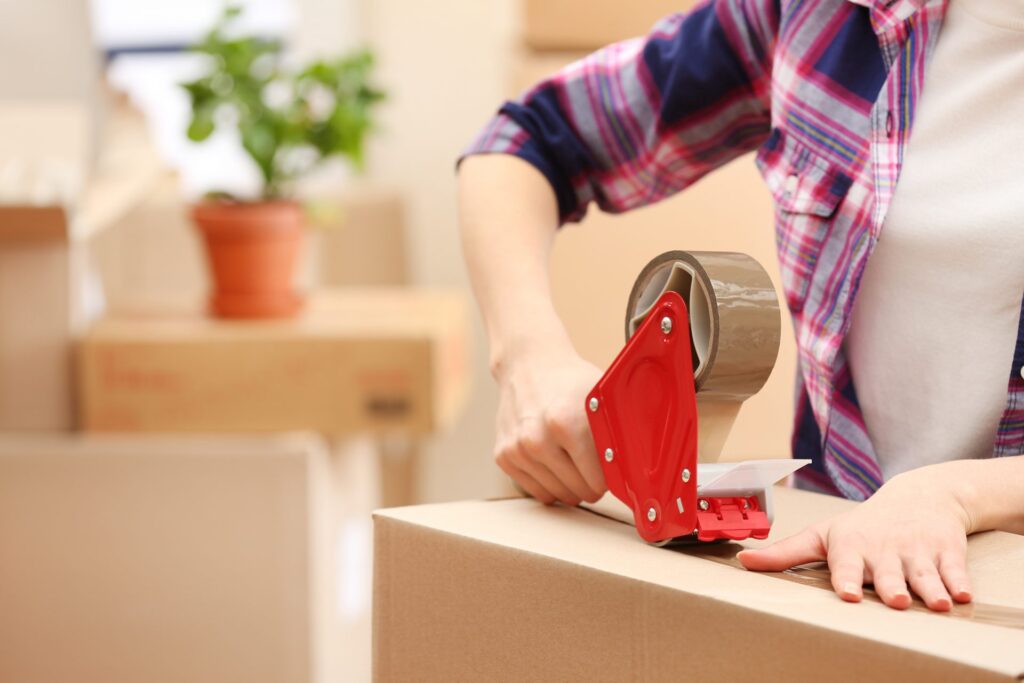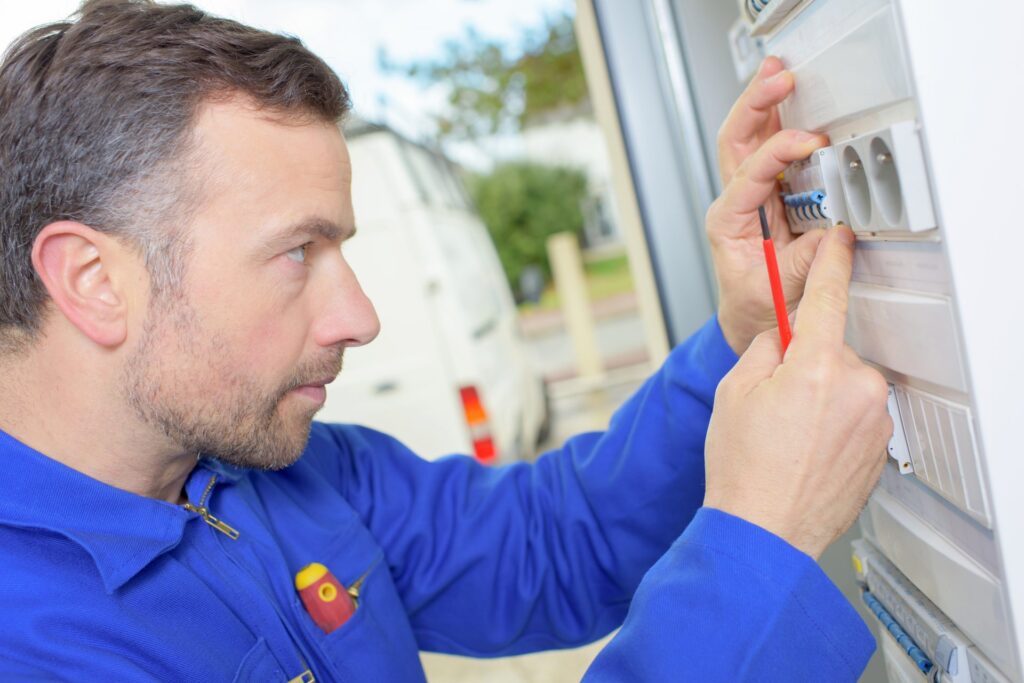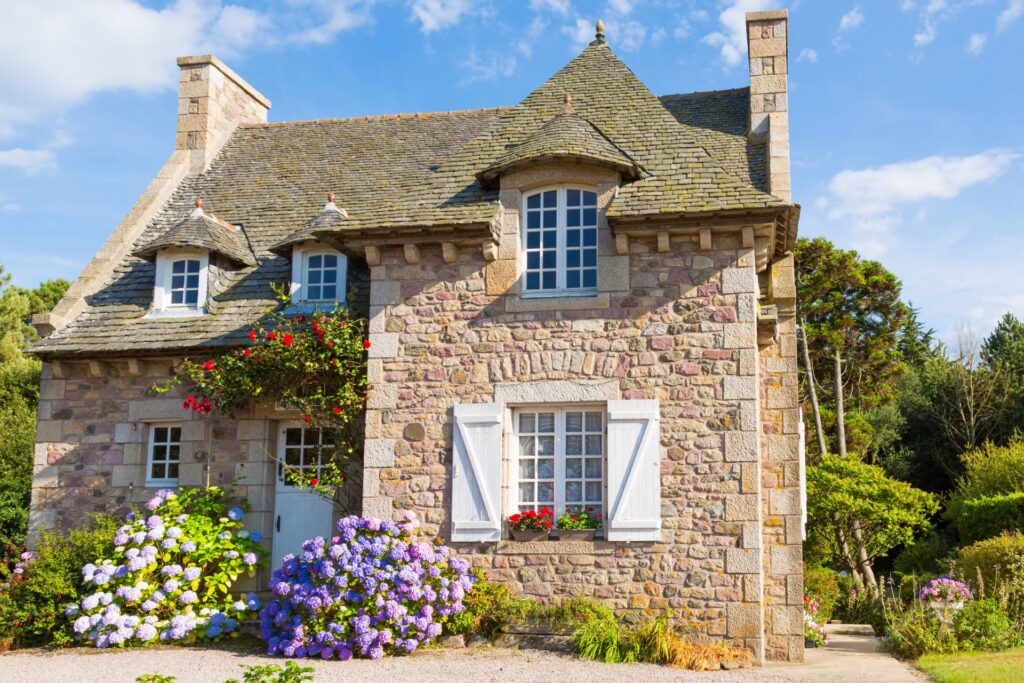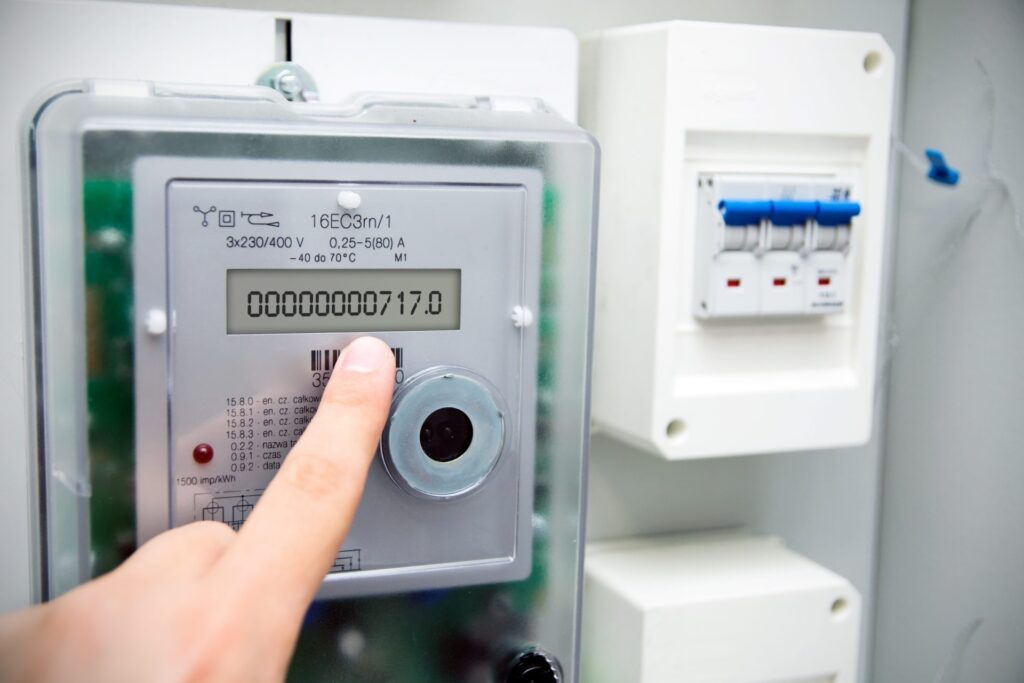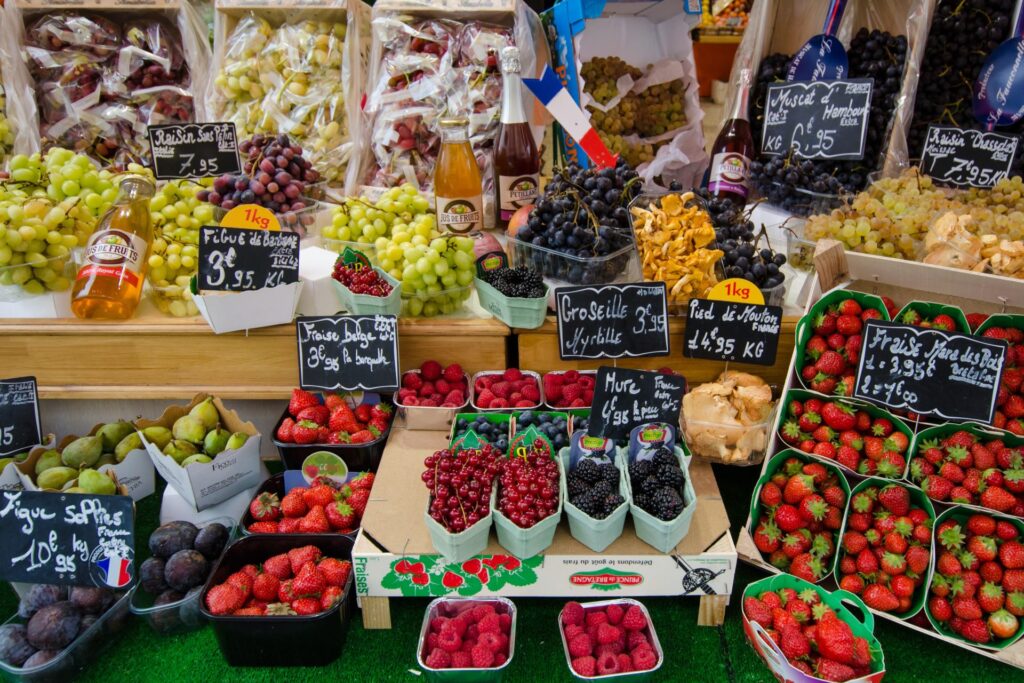What do you need to know when moving to and living in France?
When you’re living in France, you need to plan for several important costs and considerations. This can range from removals, ongoing maintenance and utilities to residency, healthcare and legalities. Fortunately, you can find all this critical info gathered here, from the first-hand experience of expats living in France.
There’s so much to think about when moving to and living in France. We’ve all learned – and undoubtedly continue to learn – so much since we moved here. That’s why I feel the need to share my experience with others buying property in France. It’s so important to take all the different costs into account and research each part of the move carefully. The most frequent questions I get are about moving belonging to France, connecting to utilities and rights on healthcare.
Alexis Stratfold
The France Buying Guide walks you step-by-step through each stage of the property buying process in France, with practical recommendations from our experts who have been through the process themselves. The guide will also help you to:







